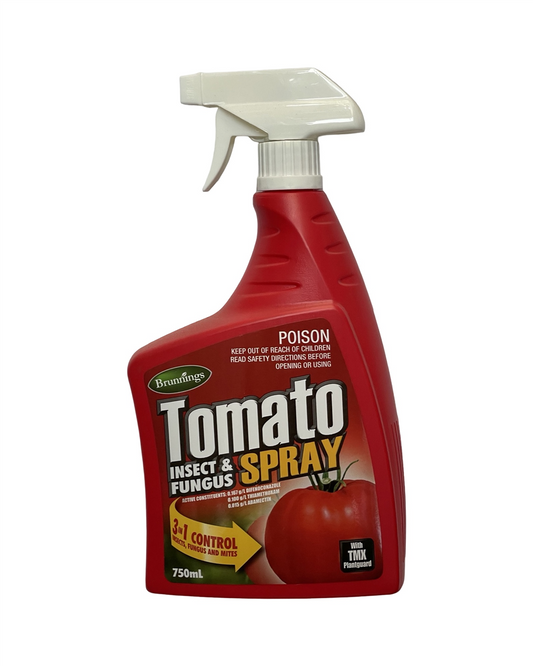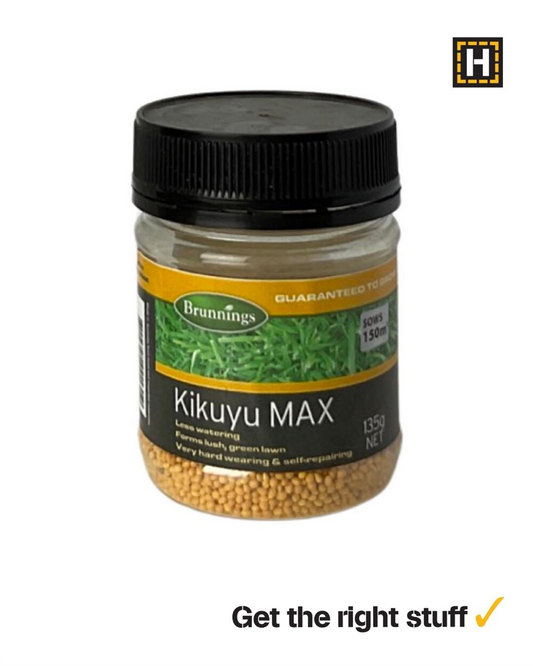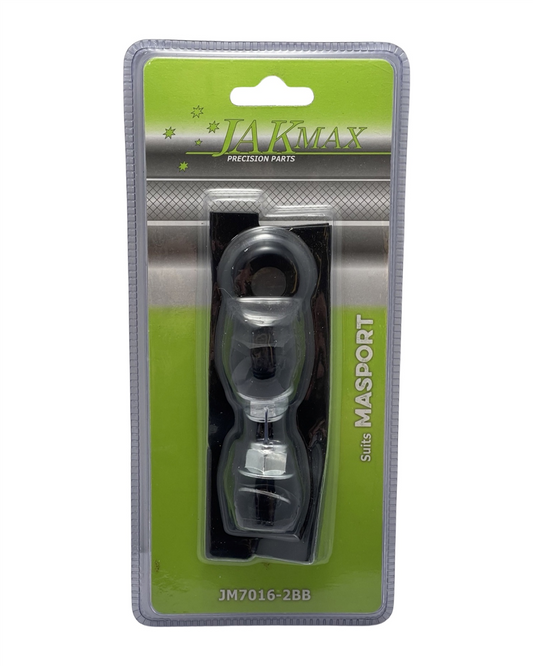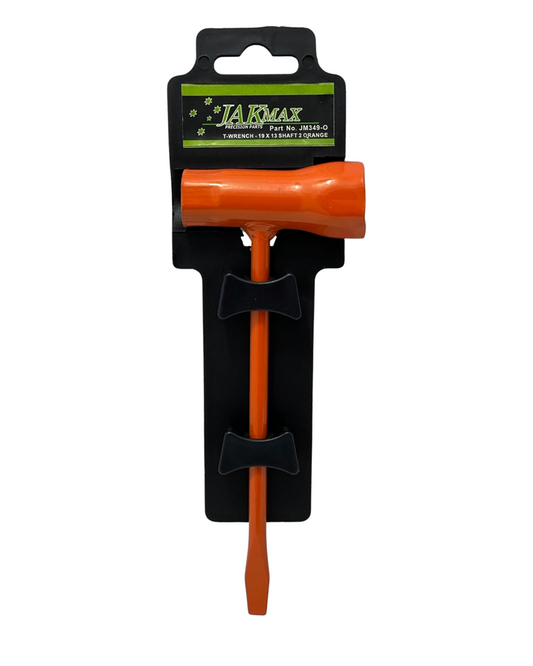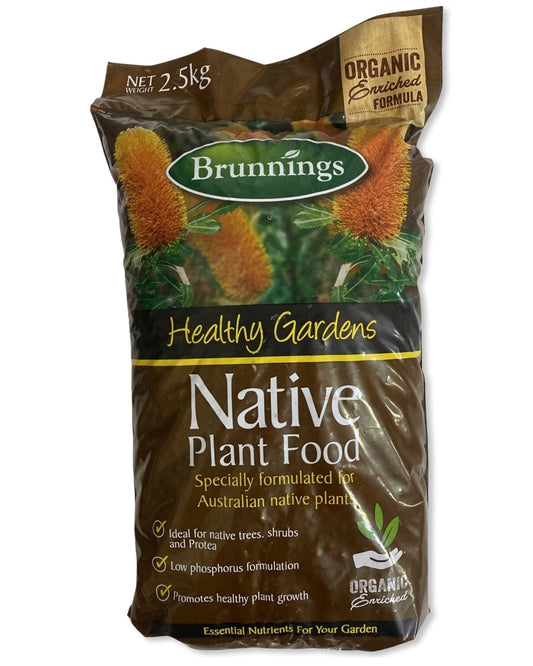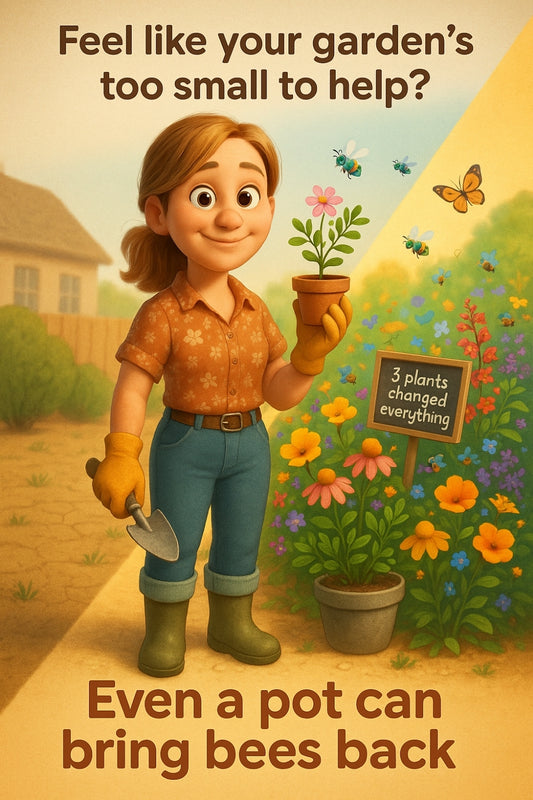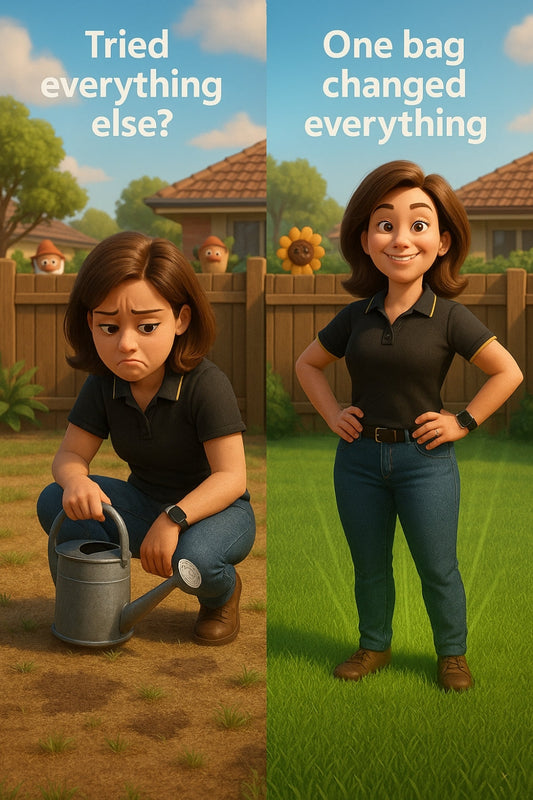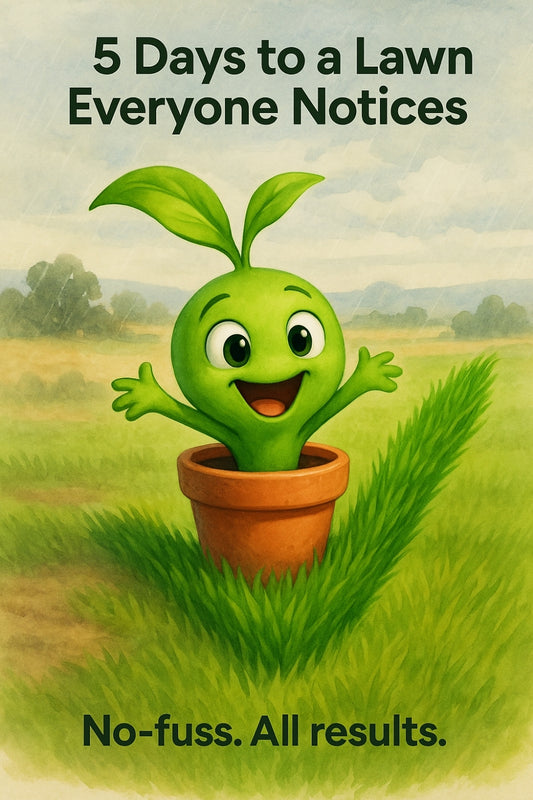David Attenborough would tell you: underground predators may be your garden's unseen secret weapon.
Share
What scientists discovered about garden soil is changing how locals grow healthy plants
For decades, gardeners worried about pests and poor soil—but skipped over predators too tiny to see. That’s changing fast. Communities in regional South Australia are now embracing a curious ally that’s straight out of a nature documentary: predatory nematodes.
Wait — predatory what?
Nematodes are microscopic roundworms. Most are harmless, some are plant-damaging, but a special few? They're downright heroic. These predator types feast on soil-dwelling pests like root-eating grubs and fungus gnat larvae—before those critters destroy your plants.
It's like having unseen bodyguards in your garden bed… that happen to be really, really small.
From helpless seedlings → thriving backyard bounty
One local gardener started with flimsy lettuce that wilted overnight. Revamping her soil with compost, mulch, and beneficial nematodes? Fast forward three months—she had a leafy jungle and zero signs of root damage.
“I used to spend hours trying to fix problems above ground. But it was what I couldn’t see—below the surface—that was hurting my plants.”
Turns out, adding predator nematodes is like switching your garden from reactive mode to proactive. Instead of spraying something after a pest problem appears, they work underground 24/7, targeting troublemakers before they become visible damage.
But aren’t there already bugs in the garden?
Yes—good and bad. Unlike chemical pest control that wipes out both, beneficial nematodes only target soft-bodied pests like:
- Lawn grubs (curl grubs)
- Fungus gnat larvae around seedlings or pots
- Weevil larvae eating your root veg
- Cutworms wreaking havoc overnight
And the best part? They don’t harm bees, earthworms or your pets. That makes them an ideal defender in a garden where balance matters more than brute force.
The soil health glow-up
When your soil has fewer pests gnawing on roots, plants spend less energy surviving—and more developing rich foliage, flowers, and fruit. Predatory nematodes aren’t a quick fix, but they build a system that supports long-term plant confidence.
Healthy soil isn’t about perfection—it’s about activity. When you increase the balance underground, everything above ground follows.
Okay, but can I get these in Strath?
Yes—but timing matters. Predatory nematodes are living creatures and work best under the right conditions: moist soil, mild temperatures, and existing pest presence. Your best bet? Pop into your local garden centre and ask when to apply. Staff familiar with South Australia’s seasons will point you in the right direction.
Still trying to win the fight above the surface?
It might be time to think below. Just like compost feeds your soil and mulch locks in moisture, predatory nematodes quietly protect your roots—without any action required from you after they’re in.
It's not a magic bullet. It's a shift in mindset: From battling bugs to rebalancing nature. From guessing to observing. From reacting to preparing.
Here’s why more locals are making the switch:
- No chemical smell or residue
- Safe around kids, pets, birds, and bees
- Easy to apply with a watering can
- Supports the entire soil web, not just kills pests
Think of them as silent but serious pest control—one that doesn’t rely on luck, but on ancient natural balance.
Used to take constant trial-and-error and failed sprays. Now it’s handled in one afternoon watering.
Sometimes, the smartest gardening trick isn’t a gadget—it’s trusting the tiniest workers beneath your feet.
Until next time—happy gardening!
— Candeece
 Stay Connected
Stay Connected
Join our gardening community on Facebook: Urban Gardener's Notebook
And follow our Store Facebook Page: Strathalbyn H Hardware on Facebook

